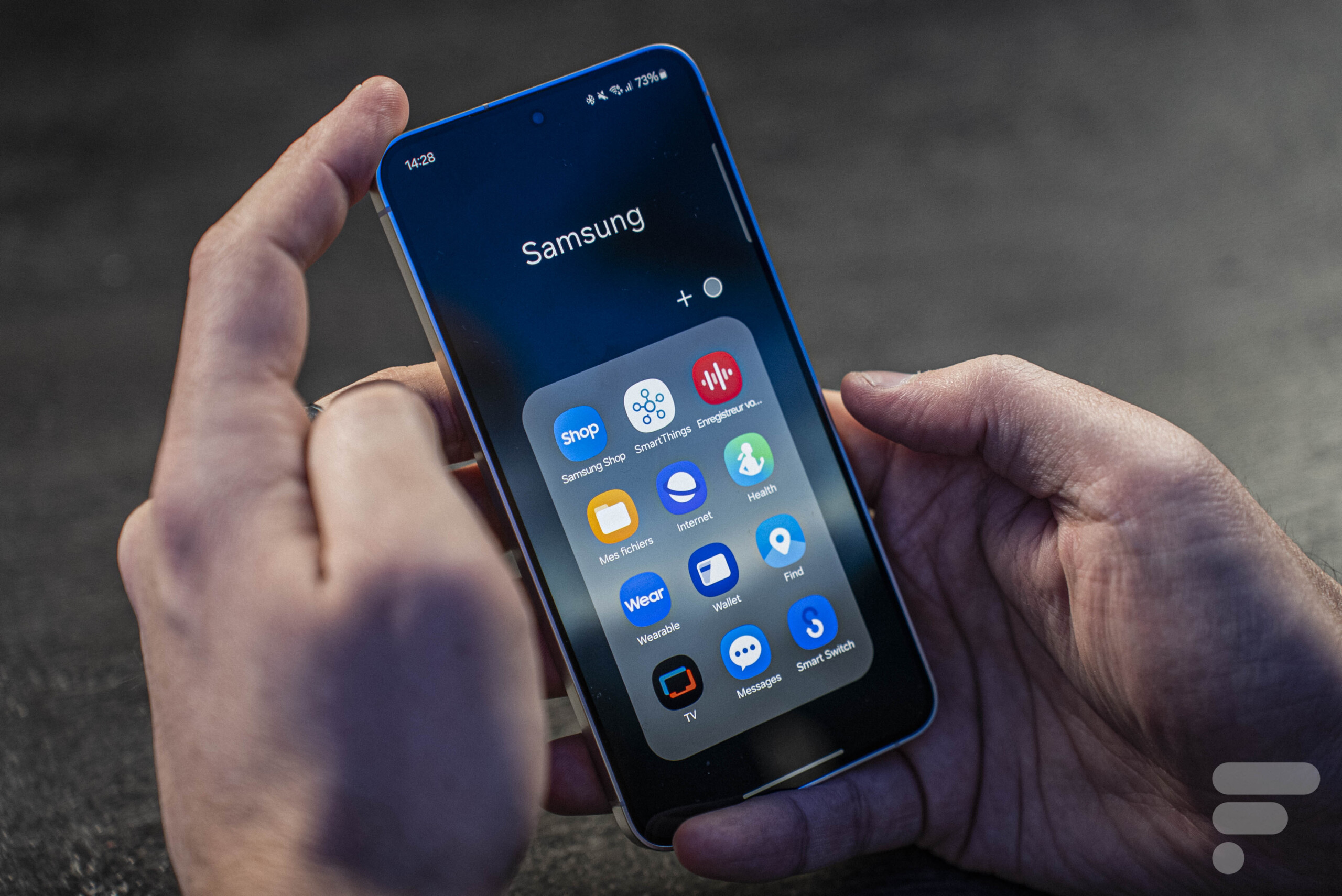Privacy Predictions for 2024

At the same time, the number of password-related data breaches is expected to decrease as two-factor authentication gains popularity, and users take advantage of bots to improve their privacy.
According to Kaspersky, the field of privacy protection is changing due to the emergence of new technologies and evolving regulations. Major events in 2023 in the social, economic and political spheres, as well as new technological trends, are key factors influencing the privacy landscape in 2024. The main predictions of the experts are as follows.
AI-enabled wearable devices could reignite the privacy debate.
As consumers begin to embrace devices like smartphones and smart home assistants, wearables, especially those with cameras like smart glasses or AI pin badges, attract more mistrust. Assuming they gain popularity, the nature of these items may raise doubts among users concerned about protecting their privacy.
Developments in augmented reality and virtual reality will generate new standards for privacy protection in 2024.
Apple product launches usually attract public attention, sparking debates about privacy, especially when it comes to technologies that have not yet been properly regulated. With the introduction of Apple Vision Pro and the increasing integration of AR/VR into everyday life, privacy concerns are set to rise.
Privacy enhanced by bots.
The proliferation of bots, these automated assistants based on natural language processing (NLP), is an area of opportunity to improve the protection of user privacy in various fields. In the future, assistants may play a crucial role in protecting personal data, especially during calls. A sophisticated robot assistant can seamlessly handle user calls, ensuring that sensitive information such as the user’s voice is protected.
There will be less worry about password leaks, as issues related to them become less important.
The main reason for the decreased risk of password leaks is the increasing prevalence of two-factor authentication, where an additional code to confirm your login is sent via SMS or generated in a dedicated authentication application such as Kaspersky Password Manager. Additionally, some services, such as Google, already offer passwordless authentication via passkeys, while others favor biometric authentication over traditional passwords.
In an age where technology continues to improve, the notion of private data must be rethought. The advent of AI-enabled accessories, developments in AR/VR technology, and the rise of assistant bots require a broader understanding of privacy. As these innovations become an integral part of everyday life, our view of personal data must encompass not only what we voluntarily share, but also the interactions and information these technologies automatically integrate.





